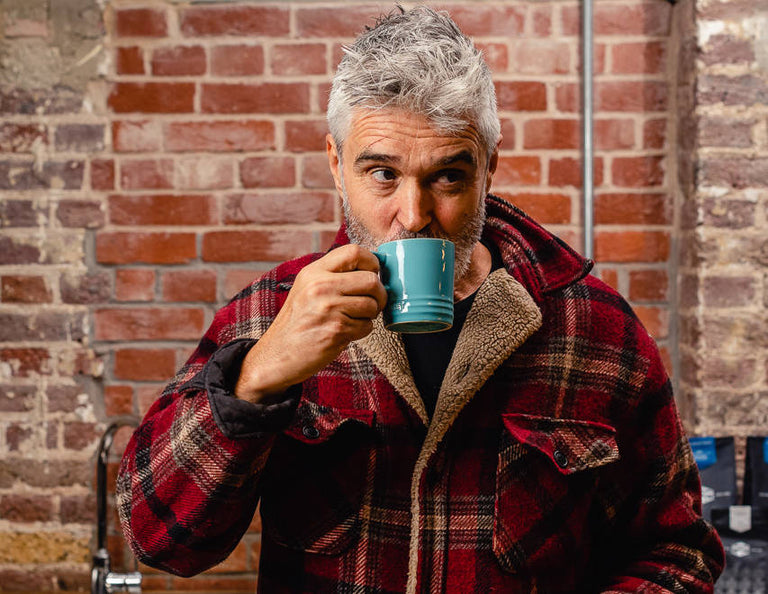Welcome to a Taste of Independence
Showcasing three of our best single origin coffees

Tastes like: Lemon, Stone Fruit, Black Tea
Strength: 2
Process: Natural
Roast Profile: Medium to Light
Origin: Guji Region, Ethiopia
This naturally processed Ethiopian coffee has notes of lemon, stone fruits and black tea. Grown at the Shonora Washing Station in the Guji Region of Ethiopia.
This family-run station was established 30 years ago by Mr. Shonora Gata and has now been taken over by his two sons – Adugna and Morkata. The station processes coffee cherries from up to 150 local growers
In recent years, producers have faced challenges. The increase in labour costs have made the traditional way of harvesting more expensive. Additionally, the lack of fixed price for the cherries has resulted in transportation difficulties.
However, the Shonoras have invested in new transport infrastructure and are offering interest-free advance payments to larger farms helping them with the harvest costs. Each year, farmers who supply the best cherries are rewarded – this has built a strong community of producers.
As if that weren’t impressive enough, they even built a local school for the producers in the area and have plans to build a health centre later this year.

Tastes like: Toffee, Toasted Almonds, Cherry
Strength: 2
Process: Washed
Roast Profile: Medium to Light
Origin: Finca El Salvador
This washed El Salvador coffee has notes of sweet toffee, toasted almond and cherry. Sourced from a farm owned by Rodolfo Battle in Finca El Salvador

Tastes like: Stone Fruits, Hazelnut, Cocoa, Nutmeg
Strength: 2
Process: Natural
Roast Profile: Medium to Light
Origin: Fazenda Mio, Brazil
This Brazilian coffee comes with notes of hazelnut, cocoa and nutmeg. Together with Fazenda Mio and the Instituto do Espirito Santo, we have founded Sombra. Sombra (meaning ‘shade’ in Portuguese) is a five-year agroforestry project and the combined effort of three parties in Brazil:
This is how the project breaks down over time:
Stage One/Year One
1. Reforest all land which surrounds the natural water sources such as creeks, rivers, natural reservoirs, rivers etc. This is critical in order to establish and protect clean water systems
2. Plant all non-coffee trees on a systematic grid laid out by species, with proximity enough to allow for mechanised picking and drone application of fertilizer and allowing to achieve canopy stratification
Stage Two/Year Two
1. Plant all coffee trees once 12-month growth on canopy trees is achieved
2. Reforest all remaining land that surrounds coffee plants to complete a contiguous forest system
Stage Three/Year Three
1. Harvest and cultivation + full research phase. This is where
the real research sets in regarding how to
a. Manage and scale harvest within the system
b. Analyse relationships between coffee and trees species and roots systems to further develop quality and yield protocols
c. Full sensory analysis over all variants of coffee species and tree species interaction
Stage 4/Year 4
Complete and publish data sets and create a farming template with commercial models to accredit the project as a legitimately recognised carbon-negative practice
Stage 5/Year 5
Implement Sombra methodology across the entirety of the remaining land
For more information on this project follow us @volcanocoffeeworks

Kurt Stewart, Founder & Head Roaster